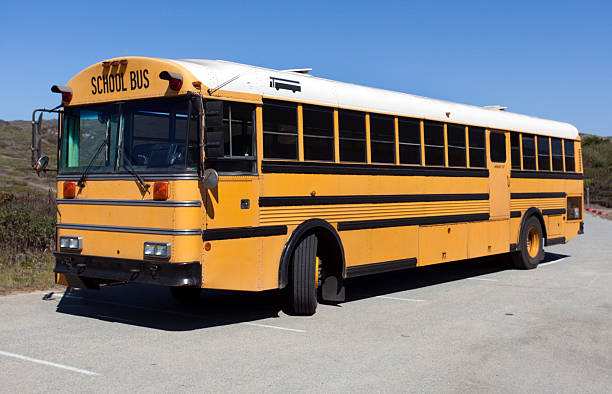Propane School Bus Success Stories at STN EXPO Panel
During a panel discussion at the STN EXPO, three school districts at various stages of adopting propane school buses joined forces to share their experiences. The session, supported by the Propane Education & Research Council (PERC), focused on our shared commitment to zero-emission transportation. For successful alternative fuel adoption, Steven Whaley, director of autogas business… Continue reading Propane School Bus Success Stories at STN EXPO Panel
During a panel discussion at the STN EXPO, three school districts at various stages of adopting propane school buses joined forces to share their experiences. The session, supported by the Propane Education & Research Council (PERC), focused on our shared commitment to zero-emission transportation.
For successful alternative fuel adoption, Steven Whaley, director of autogas business development for PERC, emphasized four characteristics: cleanliness, affordability, performance equivalence, and abundant supply. He went on to discuss the benefits of propane, a fuel that is domestically produced, clean, affordable, safe, and superior to diesel in terms of emissions control.
In support of the advantages for the environment, University of West Virginia researchers discovered that propane buses are 96% cleaner than clean diesel buses. An ongoing theme at the Green Bus Summit emphasized considering infrastructure before switching to propane-powered buses. Attendees can easily install and run propane infrastructure, according to Whaley. Additionally, PERC partners provide portable propane fueling stations that run on wind and solar energy and support off-grid and electric charging applications.
Full Fleet Conversion
At first, Kay Cornelius, director of transportation for Minnesota’s rural St. Louis County Schools, had misgivings about propane. But after doing much research, she decided to test a propane bus in 2016. As she gradually switched the entire fleet to propane, Cornelius did so because she was aware of the lower total cost of ownership. She urged people to learn more about propane and its workings while using networking opportunities to bargain a good deal with propane suppliers.
Partial Adoption
In Illinois’ Township High School District 211, Diana Mikelski, director of transportation, disclosed that 61 of the 164 buses in her fleet are propane-powered. When she first began the transition, Mikelski encountered difficulties and resistance from mechanics. However, with significant assistance from producers like Blue Bird and ROUSH CleanTech, she integrated propane buses successfully. Mikulski emphasized the simplicity of refueling propane buses and the considerable fuel and upkeep cost savings. The smooth operation of propane buses, even in cold weather, has also been praised by drivers. The neighborhood has also noticed better student health and cleaner air.
Beginning the Journey
Electric and CNG options were disqualified for the district, according to Michael McCusker, a senior financial analyst for the Department of Transportation Services of the School District of Philadelphia. Instead, according to their plans,10% of the fleet will switch to propane. Throughout the transition process, McCusker emphasized the significance of ongoing learning and decision-making. The district is confident that propane buses can efficiently negotiate the city’s winding streets and hills, meeting their transportation needs.

